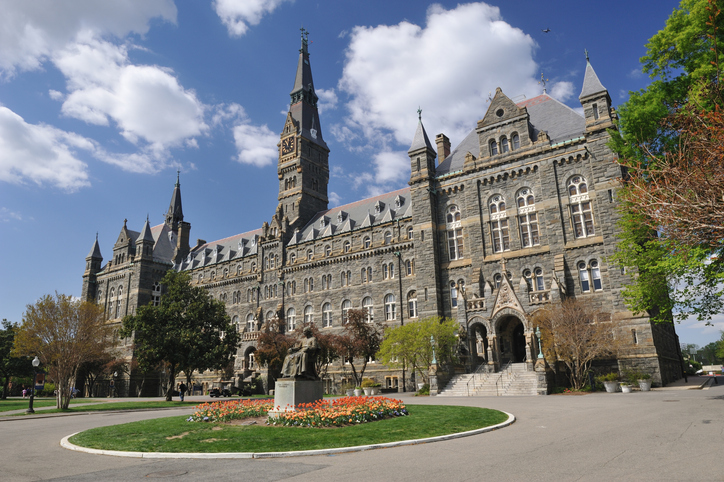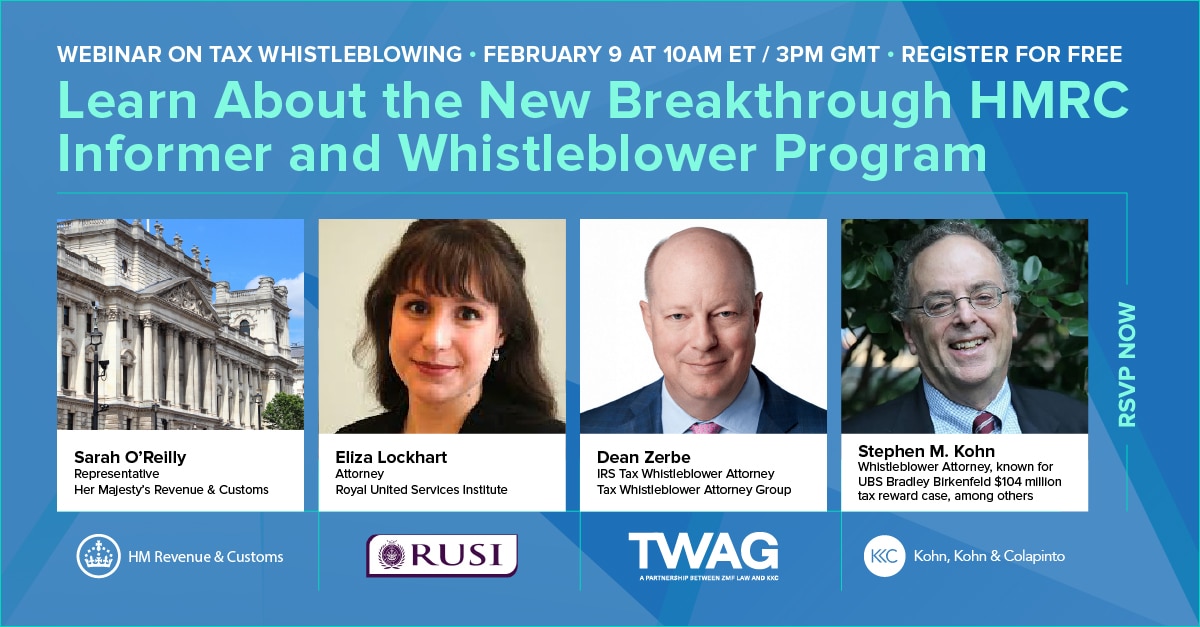Former KKC Intern Details Transnational Potential of AML Whistleblower Law in Georgetown University Undergraduate Law Review

In an article published in the Georgetown University Undergraduate Law Review, Benjamin Gicqueau outlines how the United States’ Anti-Money Laundering (AML) Whistleblower Improvement Act could significantly enhance efforts to combat criminal networks in Sweden which have proven links to Iran.
Benjamin is a graduating senior in the UC Berkeley x Sciences Po Paris (Asia Campus) Dual Degree pursuing a degree in Peace & Conflict and Law. He wrote the article while working as a Public Interest intern at Kohn, Kohn & Colapinto during the fall of 2024 through the UCDC program.
According to Benjamin, the inspiration for the article came from a conversation with a senior civil servant in the European Union discussing how the care providers in Sweden have allegedly been co-opted by criminals threatening the provision of care for senior citizens and unaccompanied minors as well as threatening the social trust necessary for the health system to function.
During his internship at KKC, in contributing to case work and assisting in the firm’s pro bono advocacy, Benjamin was exposed to the ways in which U.S. whistleblower award programs, such as the AML and Sanctions Whistleblower Program, can assist in anti-corruption efforts across the globe by incentivizing insiders all across the world to come forward with information about financial crimes.
“Mobilizing Swedish civil society to participate in reporting organized criminal activity under the U.S.’s robust AML and Sanction Whistleblower Program could effectively dismantle the financial backbone of organized crime networks,” Benjamin writes in his article.
Benjamin details the connection between Sweden’s criminal networks and Iran and notes that these gangs appear to be operating healthcare facilities as fronts, mixing government aid with illicit funds to launder money. He further outlines how these illicit funds can fall under the jurisdiction of U.S. money laundering and sanctions laws and how Swedish whistleblowers can leverage the laws while potentially qualifying for monetary awards.
While interning at KKC, Benjamin realized the scale of medicare fraud and its transnational character. Working alongside the team KKC and at Whistleblower Network News, he published other articles on the nexus between whistleblowing and healthcare fraud, including a JD Supra article elaborating on how the SEC Whistleblower Program could hold private equity owners of nursing homes accountable.
Read Benjamin’s Full Article: U.S. Whistleblower Law Could Help Fight Iranian-Funded Gangs in Sweden
For More Information on Interning at KKC: Public Interest Law Internship
Latest News & Insights
January 27, 2026





